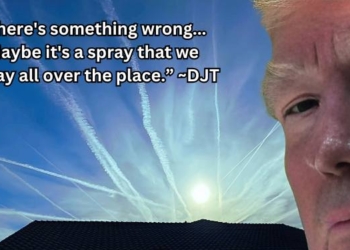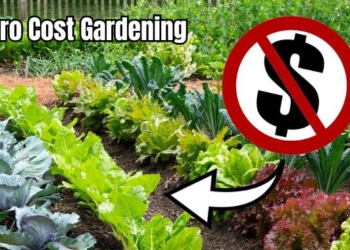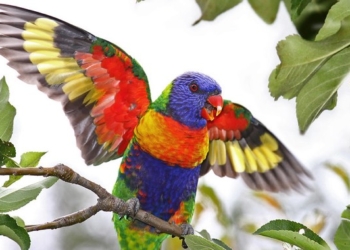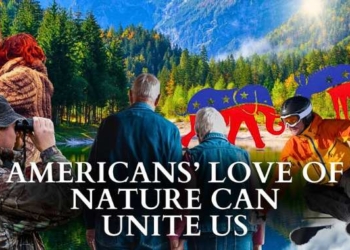
When it comes to saving the planet, we have a lot of work to do collectively. Between the plastic pollution, airborne pollutants, overconsumption, food shortages, and other issues, we have our hands full. It might seem like we have no hope at times, but plenty of people out there care about the future of humanity and our planet.
All of us can do our part to help keep our home clean, even if it’s something as small as picking up trash on the side of the road or taking shorter showers. However, one of the most impactful things you can do is cutting down on plastic use. According to earthday.org, about 2 million plastic bags get used every minute, only to get thrown away shortly after. Buy reusable grocery bags instead of using plastic ones, and opt for glass instead of plastic straws.
So, now that you know a bit about what you can do to help the planet, let’s look at some people who are making waves in environmental preservation.
Here are 10 people who are saving the planet (and winning):
1. McDonald’s trucks run on used deep fryer oil instead of gasoline.
Since 2007, McDonald’s has been producing fuel by using leftover oil in their deep fryers. After obtaining the oil from the restaurants, it is sent to cleaning facilities. Then, the fuel is transported to 42% of McDonalds’ trucks for use.
2. In Tokyo, islands built from trash are common.
In Japan, they dispose of trash by burning it and cleaning the exhaust before putting it into the atmosphere. The ash is then recycled in making concrete and asphalt. The trash that they don’t burn is used to make floating islands, like the one pictured above, which is one small step in saving the planet.
3. In Portland, one company is using turbines in the water pipes to produce electricity.
The founders of the LucidEnergy startup in Portland came up with the idea to put turbines in water pipes to produce clean energy. They predict that within 20 years, the pipes will have produced $2 million worth of energy.
4. Seawater is used in place of fresh water in 80% of bathrooms in Hong Kong.
Hong Kong doesn’t have a lot of freshwater, so authorities built a separate sewage system utilizing only seawater. This saves a lot of freshwater, and the seawater is less toxic for marine life.
5. In Indonesia, they accept trash as currency for bus fare.
Yes, you read that correctly. Residents of Suroboyo, Indonesia can pay for their bus fare with used plastic that they can bring to recycling points at different bus stops. This allows for an easier method of sorting through trash and also cuts down on the number of cars on the streets.




















